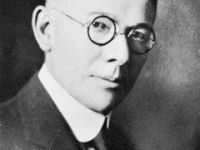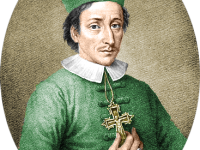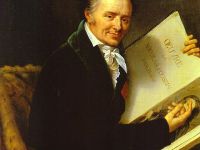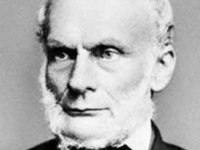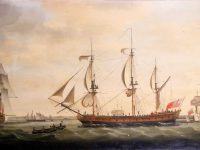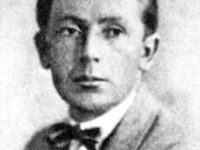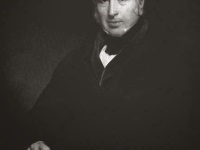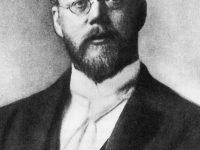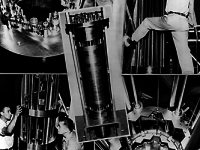Lewis Terman and the Intelligence Quotient
On January 15, 1877, American psychologist Lewis Madison Terman was born. He is best known for his pioneering work in individual intelligence tests as well as for his revision of the Stanford-Binet IQ test, with which he introduced the IQ (Intelligence Quotient), being a ratio of chronological age to mental age times 100. Lewis Terman Background Lewis Terman was raised on a farm became a school teacher as well as high school…
Read more

